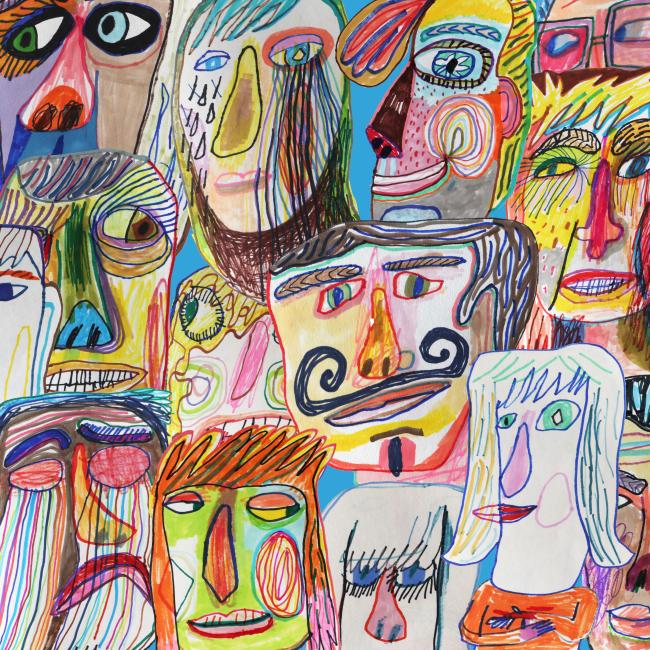Building Brain Healthy Communities through Creativity
With a growing understanding of the life-course risk factors for brain health, how do we take an integrated approach to building and supporting brain healthy communities for all ages?
On November 15, as part of its innovative Brain Health & Housing Seminar Series, the Global Brain Health Institute (GBHI) and Respond Housing brought together a panel of experts, working at the intersection of arts and brain health, to explore how creativity can be used as a tool for building and sustaining brain healthy communities.
Commenting on the event Brian Lawlor, GBHI Deputy Executive Director and Conolly Norman Chair in Old Age Psychiatry at Trinity College, said: “At GBHI, we embrace creativity as a positive force for brain health across the life span. Embedding creativity and creative practices in our built environment can improve our wellbeing, mental health and sense of connection. This webinar begins the conversation about how we can achieve better brain health by activating and amplifying our own creative processes where we live, work and play.”
During the online seminar, titled Creativity, Connection, Community, speakers examined how the arts can play a major role in bolstering brain health through creating community, and easing isolation and loneliness, as well as how these ideas can be incorporated into design and planning. A common theme across the talks was the significance of co-creation and interdisciplinarity in creativity, innovation and in integrating the arts into the health and social care sectors.
In her opening remarks Provost Linda Doyle, Trinity College Dublin, reflected on the concepts of “home” and “making home” and emphasized the need for diverse viewpoints to be represented to ensure that we make better, and more sustainable choices, for our wellbeing and our future.
“We often reduce ‘home’ to a housing market as distinct from a place of shelter, a place of culture, a place of learning, a place of being, a place of identity and much more.”
“I think what you're doing here today captures the spirit of creativity that is needed to unpack what it means to create sustainable homes and housing, based on the notion of brain health.”
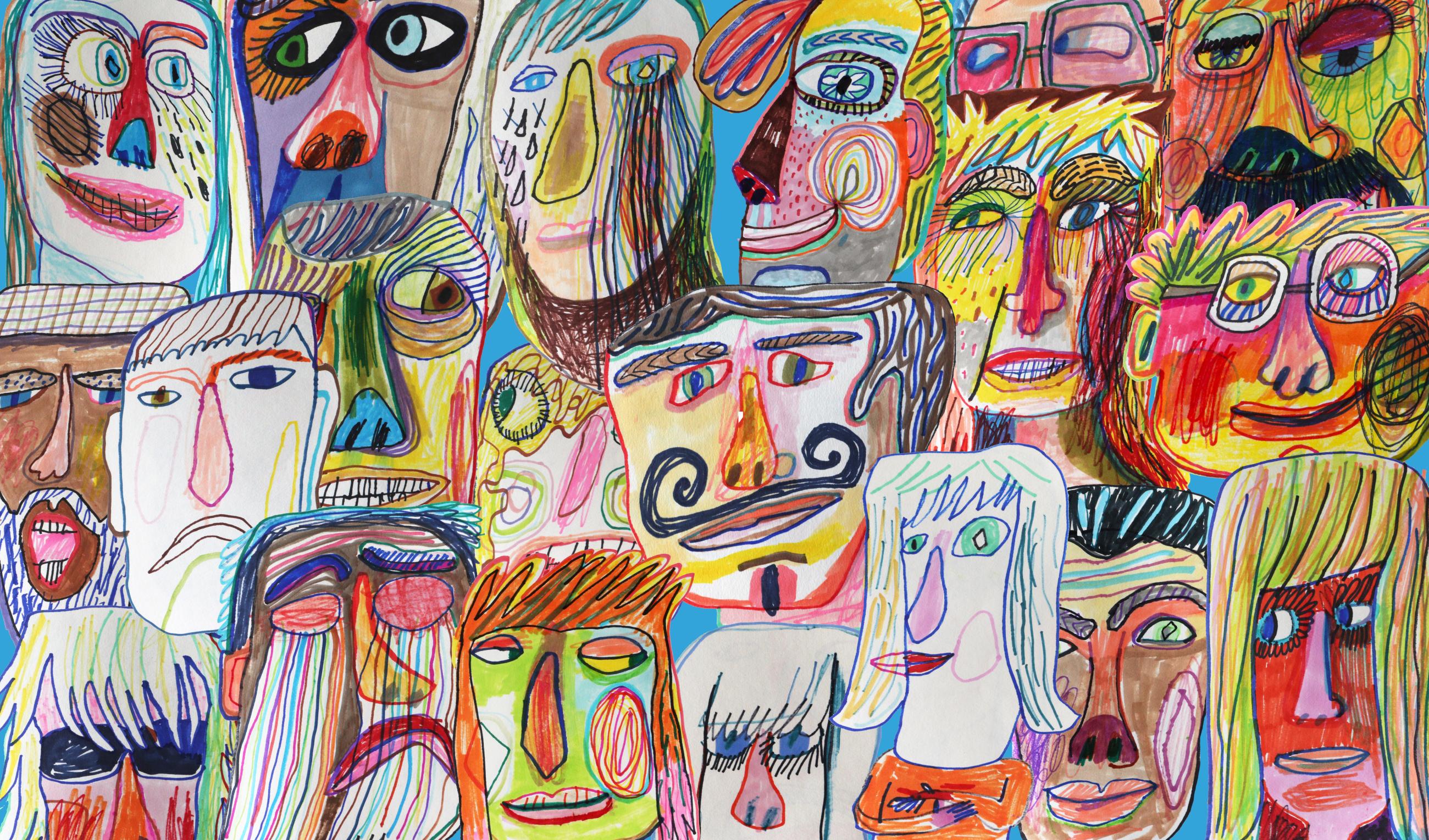
Dominic Campbell, co-founder of Creative Aging International is a cultural producer and an Atlantic Fellow for Equity in Brain Health at GBHI. In his talk, Dominic reflected on his experiences leading cultural projects such as the St. Patrick’s and Bealtaine Festivals, as well as local community-based projects, and highlighted that life and history must be celebrated and valued. Speaking about working with Entelechy Arts, a London based charity which produces projects which powerfully test the boundaries between art, creativity, care, wellbeing and community, Dominic said:
“If we think about the participant pathways in that project, it's quite often about identity going from being defined as a patient, to being defined as a poet or a singer or someone with a wider social circle, with meaning, identity and purpose. And really, that's informing the work we're doing now which is asking: How do you build a republic that has care at its center? How do we build on living traditions?”
Alexandra Coulter is Director of the National Centre for Creative Health which is helping foster the conditions for creative health to be integral to health and social care and wider systems in the United Kingdom. In her talk, Alexandra spoke about how art and creativity can improve health and well-being, and how the arts can provide a solution to address the health of those who are disadvantaged.
“I think protective factors are a key consideration when we look at the potential for culture and creativity to contribute to mitigating the negative impacts of social determinants.” “People are obviously at the heart of all of this and interacting with each other and their immediate environment and good relationships are a major determinant of health.”
As City Arts Officer, Ray Yeates heads up Dublin City Council’s Arts Office which recognizes the unique and transformative role of the arts in the life of Dublin’s residents, businesses and visitors. In his talk, Ray explored the power of paradoxes and why creativity is so important. He highlighted that “everyone is creative” and that “we often don’t have a language for our difficulties, but the arts can provide that, it can provide safe space.”
When considering the remarkable creative output of people surviving in concentration camps, he reflected: “The arts remind us what it is to be human. If you are deprived of this, you are being deprived of an essential part of being human.”
Event Participants
The event included the following participants: Declan Dunne (CEO, Respond); Dominic Campbell (Director, Creative Aging International and Atlantic Fellow, GBHI); Alexandra Coulter (Director, National Centre for Creative Health); Ray Yeates (City Arts Officer, Dublin City Council); Magda Kaczmarska (Teaching Artist and Atlantic Fellow, GBHI); Karen Meenan (Director, Lewy Body Ireland and Atlantic Fellow, GBHI); Jess Majekodunmi (Director, Human Sciences Studio, Accenture) and Brian Lawlor (Deputy Executive Director, GBHI and Conolly Norman Chair in Old Age Psychiatry, Trinity College).
The seminar was chaired by Aine Kerr, journalist and co-founder of Kinzen.
A video recording of the event is available here.
Authors
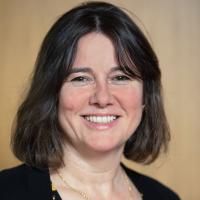
Helen Murray
Communications Officer
GBHI Members Mentioned
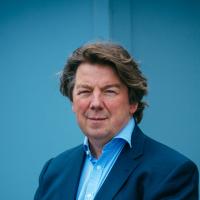
Dominic Campbell
Cultural Producer
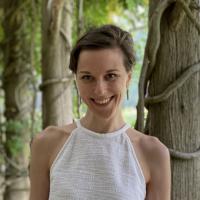
Magda Kaczmarska, MFA
Dance Artist
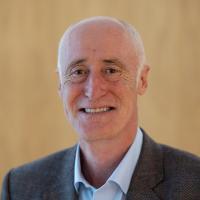
Brian Lawlor, MD, FRCPI, FRCPsych, MRIA
Founding Director, Trinity College Dublin

Karen Meenan
Theater & Radio Producer


